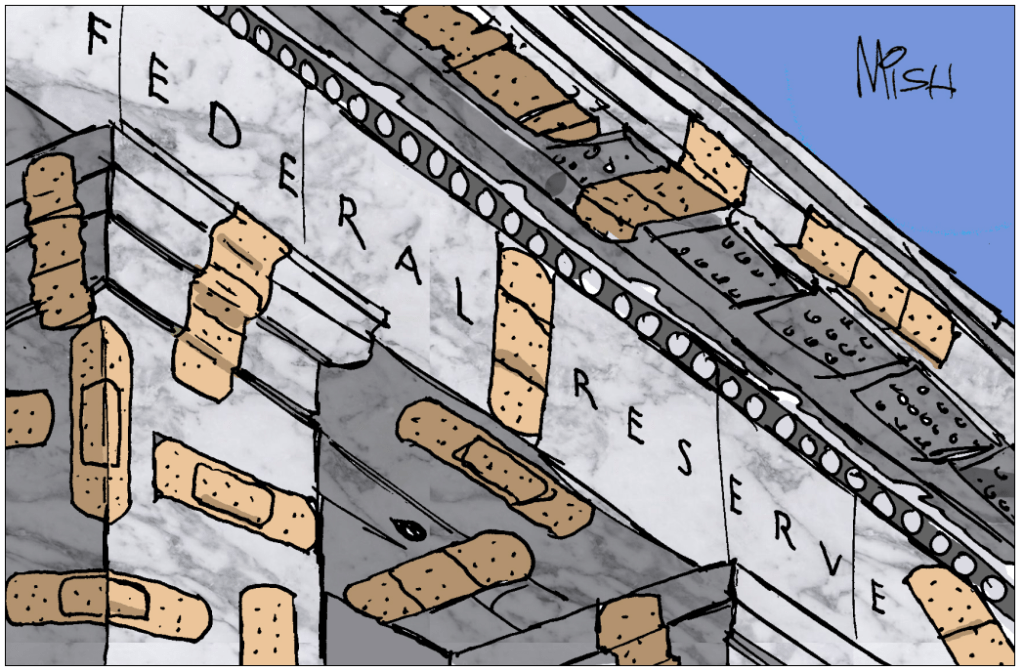The overwhelming answer by economists to the opening question is yes. Your mileage may vary.

Short-Term Opportunity for the Fed
The Fed has an opportunity and an excuse under its dual mandate to cut rates.
And it will because the Fed has shifted its mandate preference from inflation fighting to supporting jobs.
Then What?
Deficits are massive, tariff hikes are inflationary, just-in-time manufacturing has been replaced by just-in-case stockpiling, demographics puts upward pressure on wages while dramatically increasing the need for Medicare, and both Trump and Biden want production in the US.
Every point in the preceding paragraph is inflationary.
Understanding the Dual Mandate
July 31: Fed is Attentive to the Risks to Both Sides of its Dual Mandate
The Fed is concerned about inflation and jobs. It’s the latter that will be the bigger problem in the near-term.
August 23: Fed Does Not Seek or Welcome Further Labor Market Cooling
The market is cheering the Jerome Powell’s self congratulatory and market friendly speech at Jackson Hole. “Your mileage may vary,” said Powell. Indeed.
Undoubtedly, “Your mileage may vary,” is the most accurate thing Powell said today.
Two Fed studies have debunked the myth of inflation expectations, and so does common sense. ….
September 6: Payroll Report: Manufacturing Sheds 24,000 Jobs, Government Adds 24,000, Big Negative Revisions
Full Time Employment is -1,021,000 from a year ago!
September 7: BLS Negative Job Revisions 15 of Last 21 Months
Let’s recap negative job revisions and also discuss a reader comment “This was not a poor nonfarm payroll report.”
Reflections on the Dual Mandate
I do not believe there should be a dual mandate.
Heck, I don’t think there should be a Fed. Nor do I think a goal of 2 percent inflation is a good idea, even if accurately measured.
But I didn’t create the mandate, Congress did. And that mandate gives the Fed cover to do whatever it wants.
Looking Ahead
Underlying inflation pressures are huge. Given neither party’s willingness to do anything to fix out of control spending, it’s the recent decline in the rate of inflation that’s transitory, not the increase in inflation.
It’s not a pretty picture no matter who wins.